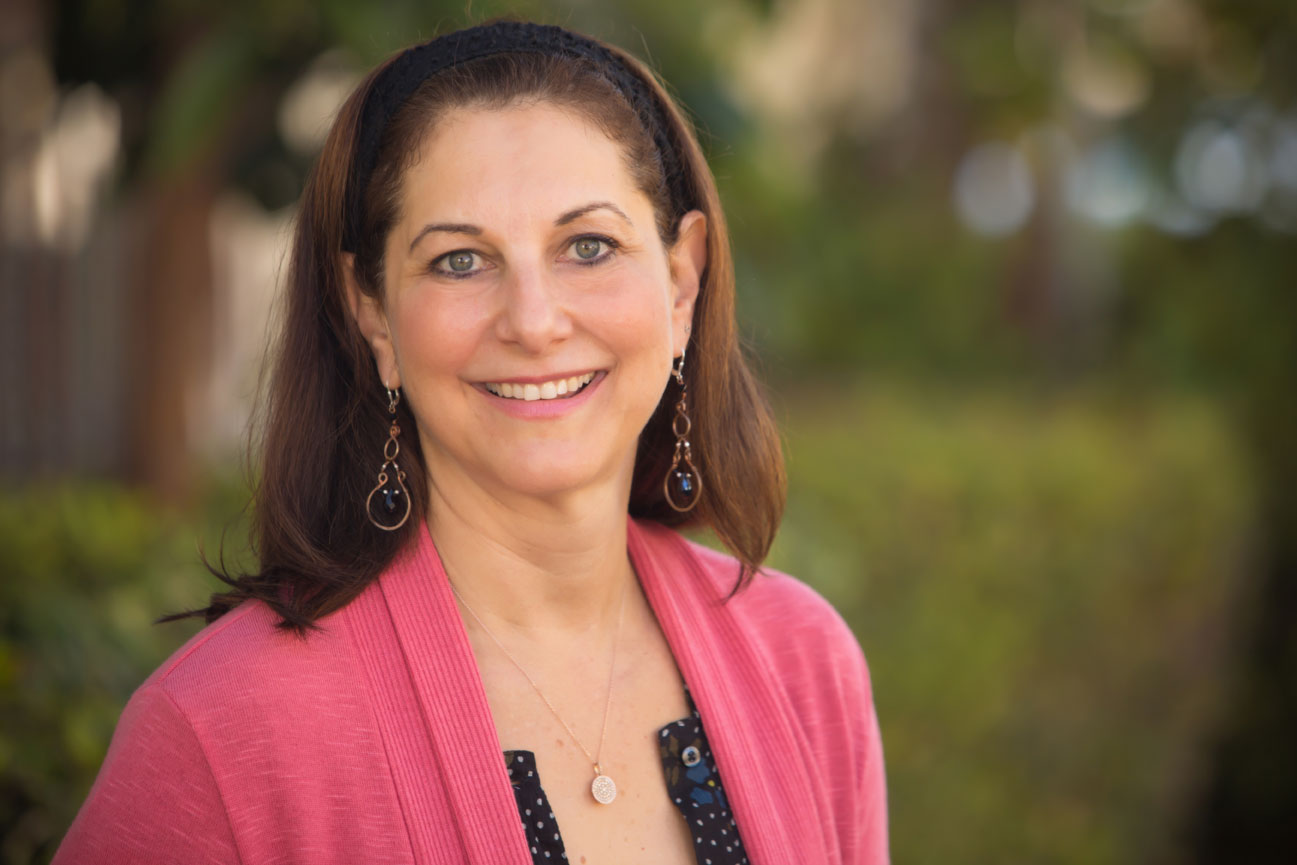Month: April 2022
-

National Tell a Story Day: A Co-Founder Shares Her Experience
Amy Adam’s son was diagnosed with T1D when he was five years old. She served on the Board of Directors and various committees for the Juvenile Diabetes Research Foundation (JDRF) […]
